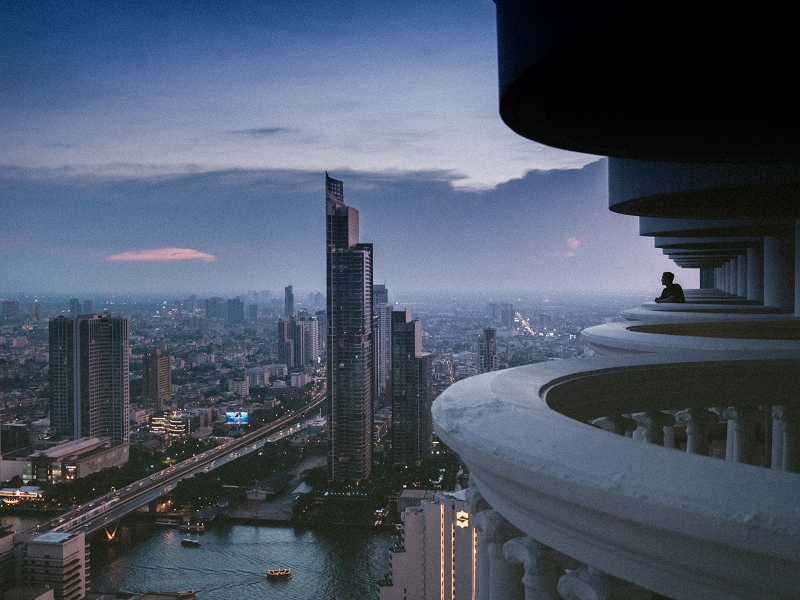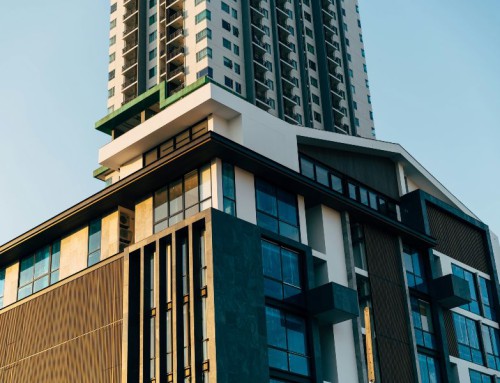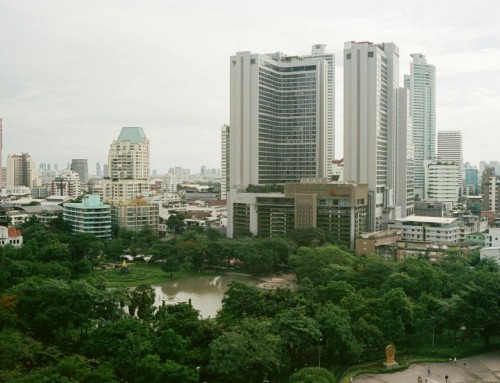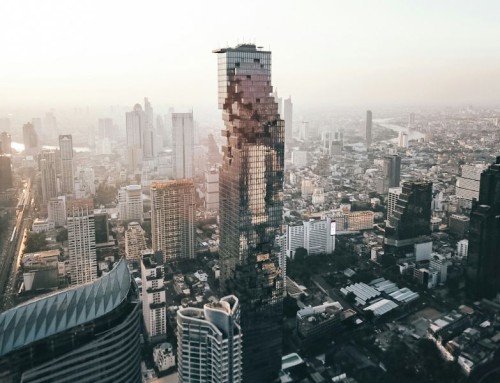Thailand property is extremely popular and foreign buyers make up a rather substantial portion of property buyers especially in Bangkok. However, buying property in Thailand can be rather tricky and confusing if you are unfamiliar with the procedures. In Thailand, foreigners are generally not allowed to purchase land. There are special concessions given to foreigners that satisfy some criteria with the Board Of Investment and invest THB 40 million. Please note that these foreigners will still be subject to an approval by the Ministry of Interior and approval rates are extremely low. Even when approved, there are restrictions which are imposed and the land purchased cannot be passed on as an inheritance.
Property title deeds are a good indication of the ownership of the land and to what extent the land or property that you are purchasing is secure. There is a Garuda at the top of every property title deed in Thailand. The Garuda is the national emblem of Thailand and is called the Phra Khrut Pha. It is a mythological beast of Hindu and Buddhist tradition and was adopted by the king, Rama VI in 1911. Till today, the Garuda emblem is used by the King of Thailand and the Thai government to authenticate official documents. The colour of the Garuda will depict the type of property title deed in question.

Garuda Emblem of Thailand
Now let us understand the various property title deeds in Thailand.
Chanote Title (Nor Sor 4). Freehold Title Deed.
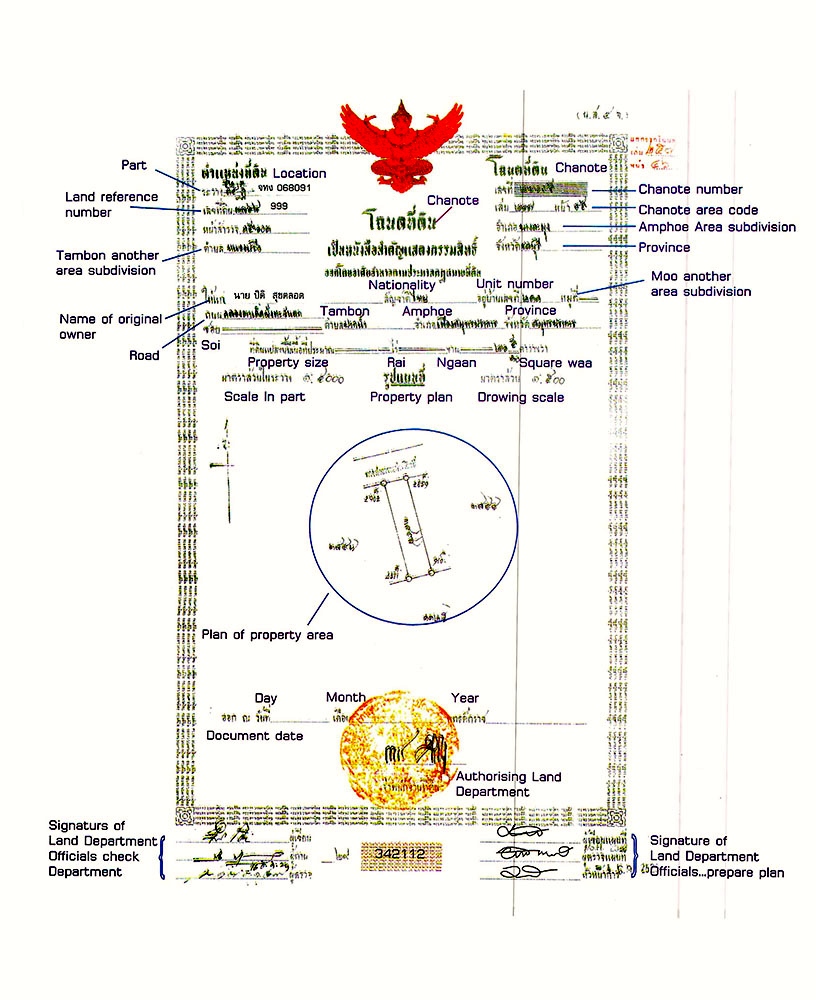
Chanote Land Title in Thailand
This is the most secure of all title deeds. It represents full ownership right to the piece of land. There will be a red Garuda on the top of the Chanote title deed. A Chanote title deed indicates that the land has been fully surveyed using GPS coordinates and correlated to the Thai national survey grid and submitted to the Thai Land Department. The Chanote Title Deed will list the position of the land, the total area, the land title number, survey information and a sketch to indicate the plot of land in relation to neighbouring plots. Legal acts like the sale or mortgage of the land need not be published and there are no general restrictions on the use of the land. The owner of the land is also free to subdivide the land. Under Thai law, a squatter can lay claim to ownership of a Chanote titled land if the owner of the land does not evict them within 10 years.
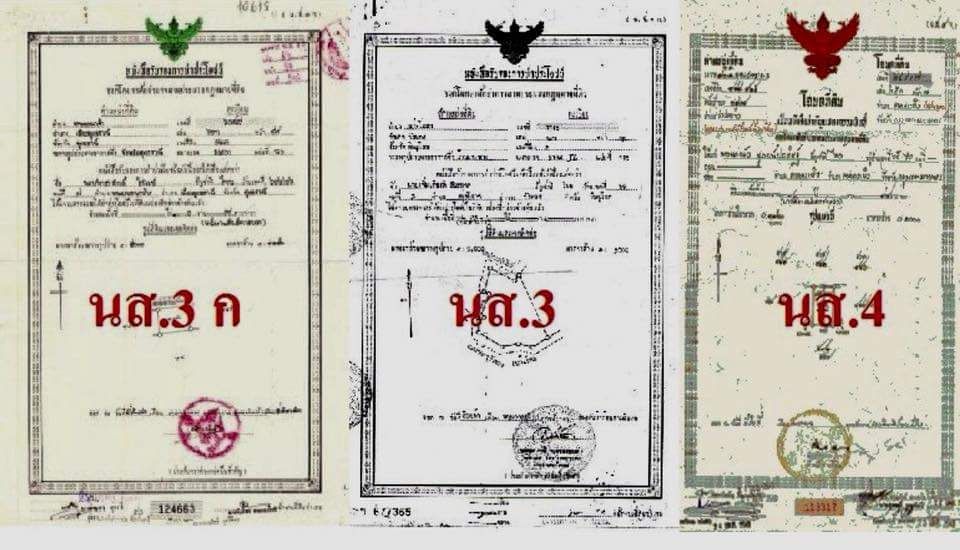
Different Land Titles in Thailand
Nor Sor 3 Gor. Confirmed Certificate Of Use.
This to many Thais is close to a Chanote Title. This land has already been measured by the land department and its exact boundaries have been confirmed. There will be a black Garuda on the top of the Nor Sor 3 Gor title deed. In essence, a Nor Sor 3 Gor land title is just waiting for the landowner to apply to convert this title to a Chanote Title. In order for the landowner to change the title to a Chanote, he has to file an application to the Thai Land Department. If there are no objections to the conversion, a Chanote Title will be issued on the land. Under Thai law, a squatter can lay claim to ownership of a Nor Sor 3 Gor land if the owner of the land does not evict them within 1 year.
Nor Sor 3. Certificate Of Use.
This is before a Nor Sor 3 Gor. This is a weak Thai land title and the owner is granted rights of possession which are yet to be confirmed. There will be a green Garuda on the top of the Nor Sor 3 title deed. Sale and mortgage of the land can still occur but such transactions have to be published for 30 days at the Thai Land Department without opposition before it can be registered. Nor Sor 3 plots of land have been surveyed against neighbouring plots but the surveys are not correlated to a master survey or a satellite photo.
There are even lower land titles, Nor Sor 2 (Preemption Certificate) and Sor Kor 1 (Claim Certificate) which should never even be considered when purchasing land in Thailand. The stronger the title, the more valuable the plot of land and this may be indicated in the selling price of the land. Thus there are some savvy buyers who would go for the cheaper Nor Sor 3 or Nor Sor 3 Gor and put in the effort to convert the title to a Chanote.
However, for most foreigners, we are interested in the Condominium Title Deed.
The Condominium Title Deed
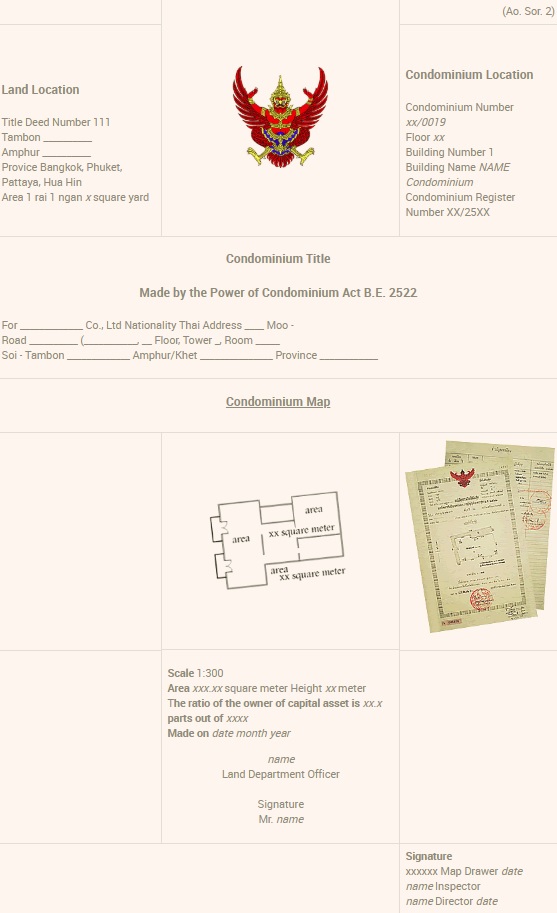
Condominium Title Deed Explanation
The Condominium Title Deed is very similar to the Chanote Land Title Deed and is issued for condominium units instead of for plots of land. According to the Condominium Act, every individual unit in a completed condominium will be issued with its own Condominium Title Deed. These title deeds can be owned by both locals and foreigners. The total amount of foreign ownership in any condominium cannot exceed 49% of the total area of the condominium. The Condominium Title Deed allows the owner to perform legal acts like the sale and mortgage of the condominium unit. The Condominium Title Deed is issued and administered by the Land Department and contains the following details
- Land location and size
- Apartment location, area, plan with dimensions
- The ratio of ownership of common property or share value of common property
- Names of the owners of the unit
- Index for the registration of rights and juristic acts
- Official signature
- Official seal
Here is an actual condominium title deed.
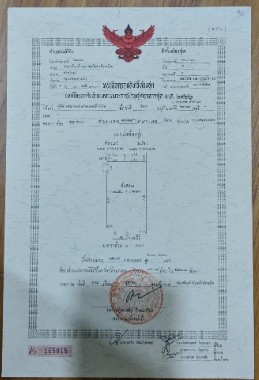
An actual Thailand Condominium Title Deed
On top of the title deed, the condominium owner will be issued a house book or Tabien Baan. It is the registration book for condominium owners and is issued by the local municipality. The house book would usually have the names of the owners of the condominium on the first page. The house book is usually blue and in some cases, yellow in colour. This is not as important a document as the title deed in proving ownership of the unit.
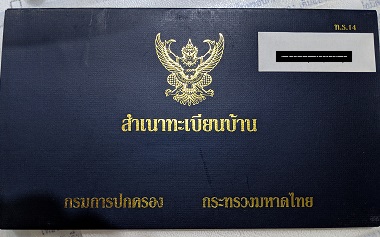
Thailand Condominium House Book
Please note that there are many types of ways to get into the Thai property market. I have met buyers who purchased private holiday apartments, tourist condominiums and leasehold apartments. These properties are not governed by the Condominium Act and are instead governed by the Civil Code and managed according to a legal agreement created between the legal owner of the property and the tenants or investors. As foreigners looking to purchase property in Thailand, I would only recommend purchasing a property with a Condominium Title Deed. There are instances whereby foreign buyers were lured into investing in properties which did not have the appropriate titles. Some of these deals may seem extremely cheap and attractive but please do your due diligence before purchasing a property in Thailand. When in doubt, seek legal advice or look for someone who is extremely familiar with property titles and the purchase process.
Yours Sincerely,
Daryl Lum
My other articles about investing in Thailand property
Looking to buy a Bangkok condo? Things to take note of.
The good locations for property investment in Bangkok
A compelling case to invest in Bangkok
Guide to buying a property in Thailand
Thailand Property: Legal and Tax Issues
Thailand Property Market Outlook for 2018
Buying property in Bangkok: Payment procedures
Thailand as a retirement destination
How to get a Retirement Visa in Thailand
My personal experience purchasing a property in Bangkok
